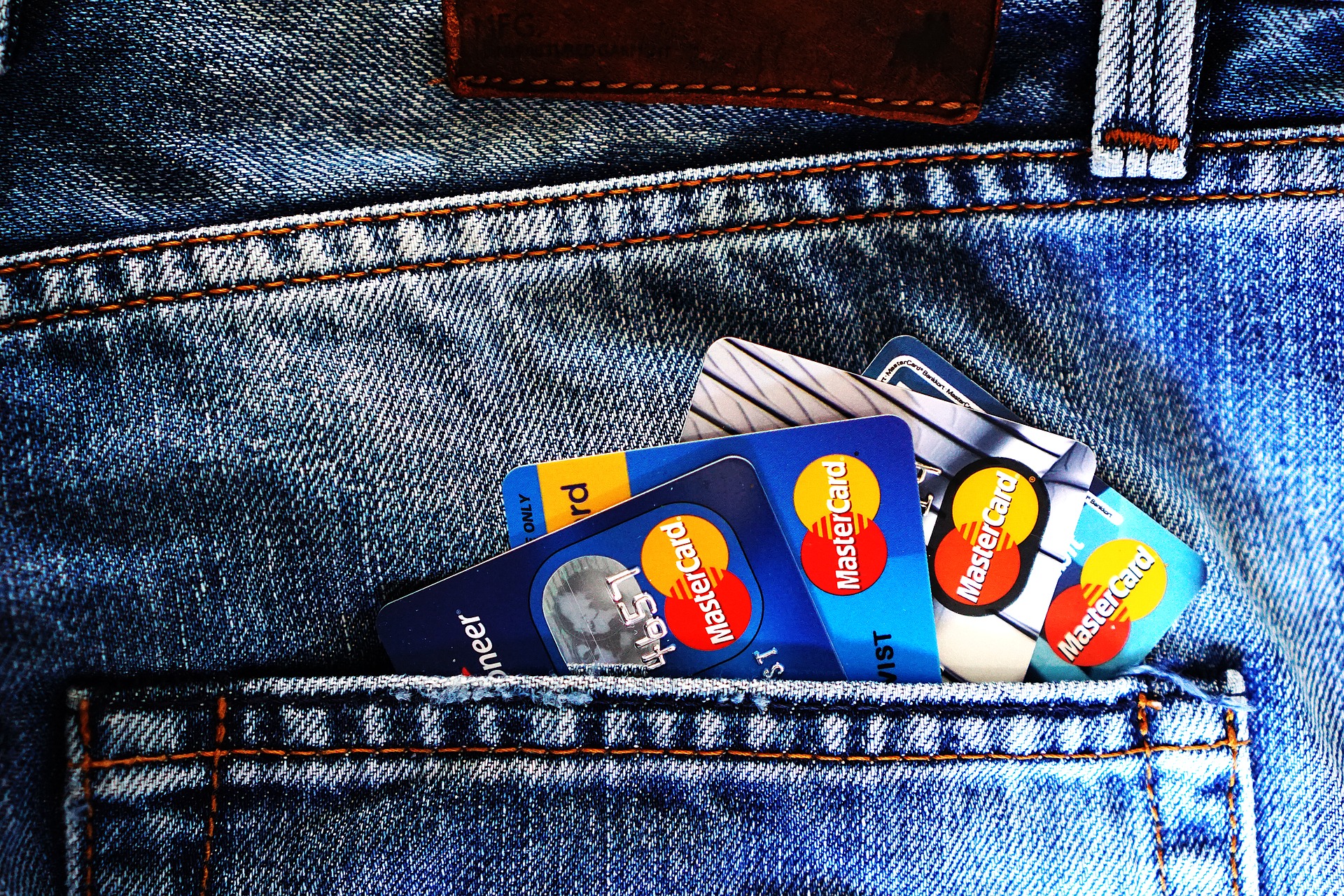Co-branded cards are a type of credit card that a retailer of consumer services or goods launches in partnership with a specific debit or prepaid card network or issuer. Often featuring the logos of both the retailer and the credit card company, co-branded cards typically offer points, merchandise discounts, or other forms of rewards or incentives when used for purchases from the sponsored merchant. In addition, co-branded cards can be used anywhere that accepts cards from that network.
Co-branded cards are sponsored by two parties: the retailer, e.g. a department store or airline, and the card or bank network, e.g. American Express, Mastercard, Visa or Discover. They effectively work like any ordinary payment card and can be used anywhere, but they often provide special cashback opportunities or merchandise discounts for specific types of purchase.
Co-branded card partnerships can be structured in various ways, but usually, a retailer or organisation – such as a university or sports operation – partners with a bank or other financial institution. Often, that financial institution is the retailer’s own bank, already processing debit and credit card payments on its behalf. This simplifies the card transaction process, with the relationship relying on the acquiring bank’s network processor. However, in some instances, retailers opt to partner with third-party payment card providers, such as Discover or American Express, which offer unique co-branded card relationships since they have the ability to serve as both the network processor and credit-issuing financial institution.
The earliest examples of co-branded cards date back to the 1980s, when airline companies started joining forces with card issuers and banks to offer air mile reward credit cards. This example remains a popular model today, for example United Airlines’ Visa offered by Chase Bank and American Airlines’ Mastercard available via Barclays Bank. Hotels quickly followed the airlines’ lead. Another type of co-branded card known as affinity group cards subsequently emerged, consisting of cards issued by an institution or organisation, such as the Harvard Alumni Mastercard.
Owned by Edgars Lasmanis, Walletto is a Principal Member of Visa and Mastercard as an Issuer and an Acquirer that enables customers to send and receive money from anywhere, at any time of the day or night. In addition to providing virtual and plastic payment cards, Walletto offers white-label card issuing for business clients, enabling them to quickly and efficiently launch bespoke card programmes.
Walletto customers can make everyday purchases using their MacBook, Apple Watch, iPhone or iPad, paying easily and securely wherever contactless payments are accepted, including Apple Pay. In addition, Walletto is also compatible with Google Pay, enabling users to quickly and conveniently pay for goods and services in different apps, stores, websites and any other place where contactless payments are accepted.



 Bitcoin
Bitcoin  Ethereum
Ethereum  Tether
Tether  XRP
XRP  Solana
Solana  USDC
USDC  Cardano
Cardano  TRON
TRON  Lido Staked Ether
Lido Staked Ether  Avalanche
Avalanche  Toncoin
Toncoin